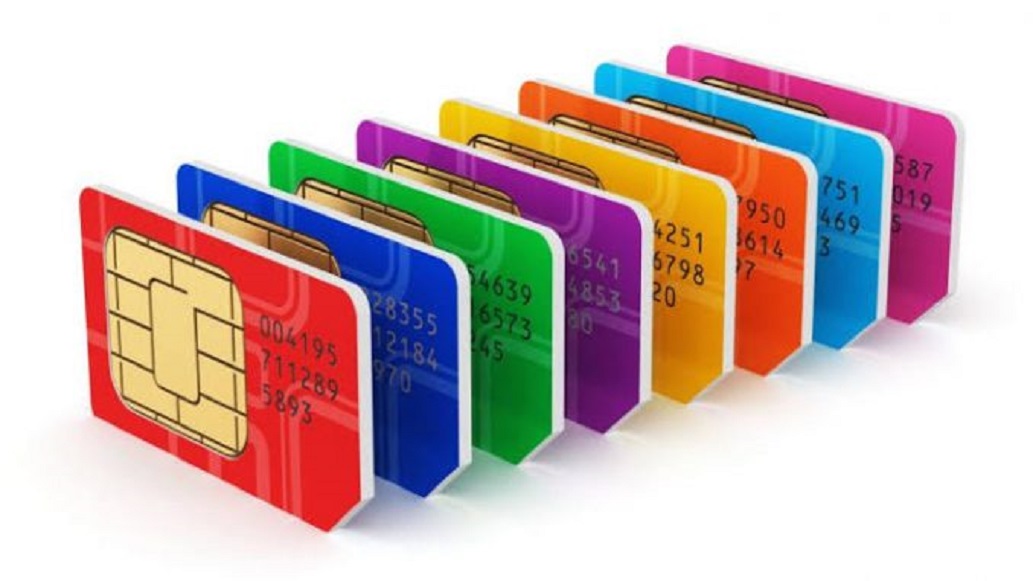All Subscriber Identification Module (SIM) cards used in Nigeria are now produced locally, according to Nigerian Communications Commission (NCC).
A SIM card is an integrated circuit intended to securely store an international mobile subscriber identity number and its related key, which are used to identify and authenticate subscribers on mobile telephone devices
Babagana Digima, head of New Media and Information Security at the NCC, disclosed this at the two-day training for media executives in Lagos.
The training tagged “Upskilling Media Stakeholders on Trends in Telecommunications,”was aimed at enhancing the understanding of media professionals about current trends and advancements in the telecom sector.
Speaking on local production of SIM cards, Digima said that NCC’s efforts to promote local content and indigenous participation in the telecommunications industry, spearheaded by the Nigeria Office for Development in the Indigenous Telecommunications Sector (NORDIT) is yielding positive results.
He highlighted that until recently, nearly all SIM cards in Nigeria were imported. “Before NORDIT’s intervention, 99% to 100% of SIM cards in Nigeria were imported. We set a goal to reverse this trend within five to six months. Now, 100% of all SIM cards used in Nigeria are manufactured locally, with no importation,” Digima stated.
Digima, who previously headed NORDIT, emphasized the commission’s advocacy efforts to boost Indigenous participation across all sectors of telecoms. He noted that NORDIT has provided grants and incentives to various companies to support industry development.
“For instance, we are currently sponsoring the manufacture of Corrugated Ordinal Duct, which will be the first of its kind in Africa. We also encourage the local production of telecom towers and fibre cables. Coleman Cables, a local manufacturer, has surpassed the only other producer in Egypt in terms of capacity and is continuing to expand,” he said.
The NCC under Sections 1D to F of its Act, is mandated to encourage the participation of indigenous telecom companies.
This national policy for promoting indigenous content in the telecommunications sector led to the establishment of the Nigerian Office for Developing the Indigenous Telecom Sector (NORDIT).
“One of NORDIT’s key areas of impact has been in fostering Indigenous participation,” explained Digima, a representative of the NCC.
![]()




























































